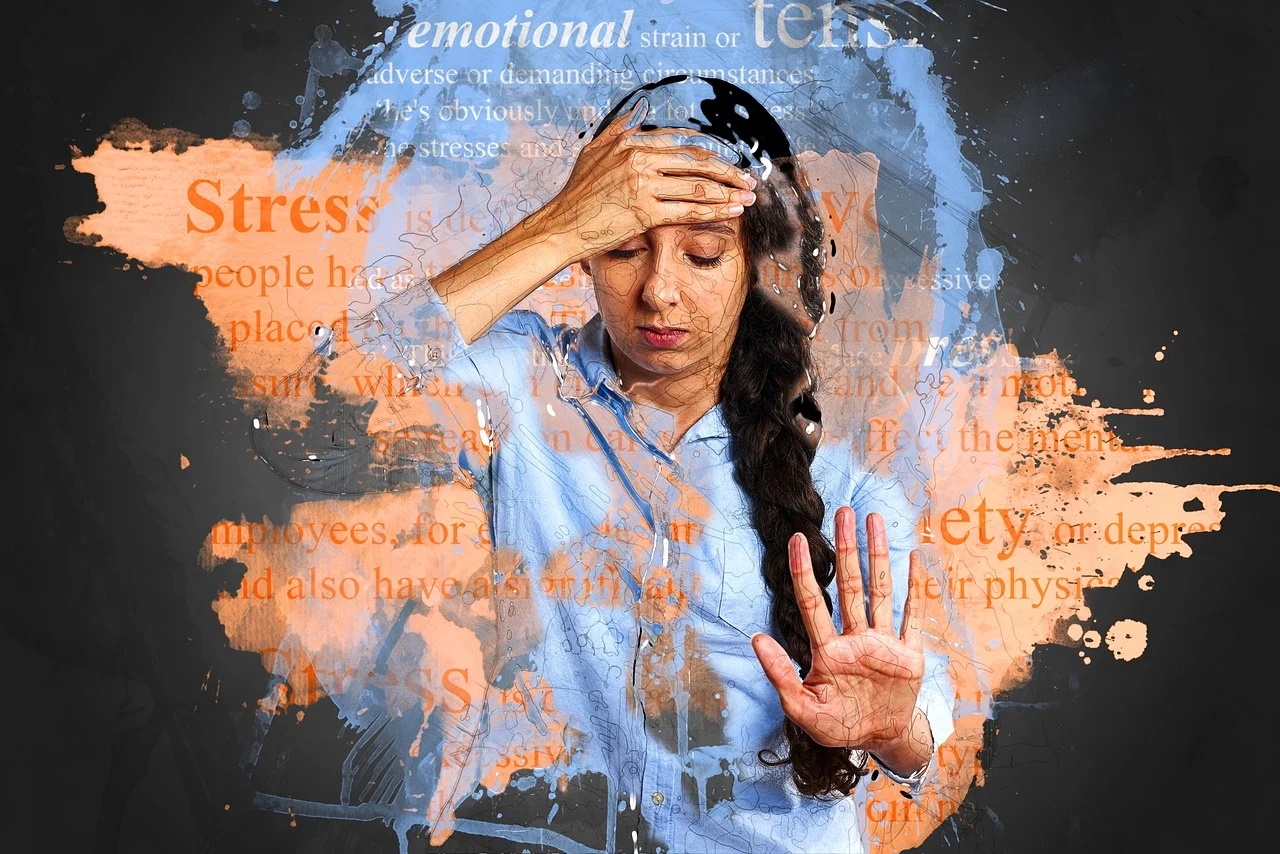Getting Through the Day with Anxiety
- Written by NewsServices.com

When you suffer from anxiety, every day can feel like a real struggle. The thought of everything that you have to face in the course of a day can become overwhelming and even prompt you into hiding away to try and avoid having to face anyone or deal with anything.
It’s an unfortunate situation, but the reality is that even with anxiety hanging over us we have to find ways to get through each day and continue to function and eventually thrive. We’ve prepared some tips for anxiety sufferers to help them make each day better.
1. Seek Counselling
Getting quality anxiety counselling in Perth, Melbourne, or wherever you’re based, is a key step to being able to live each day more normally. You might baulk at the idea of getting this kind of help, but the truth is that the impartial and subjective perspective of a professional might be just exactly what you need. So much of anxiety is exacerbated by people’s own denial about what they’re going through, and a gifted counsellor can help them see the truth.
You may only need a single session each week, and it could be that even a small number of sessions gives you the reflection you need to start better understanding your condition and turning things around.
2. Spend Time with Friends and Family
Sometimes, the source of your anxiety might be extended periods of solitude and isolation. Such circumstances have become incredibly common during the COVID-19 pandemic. With signs that the pandemic is becoming less serious, and more countries around the world now reopening and reestablishing some normality back in people’s lives, isolation can finally end and people return to a more social and active lifestyle.
So many anxiety sufferers find that even a single afternoon in good company can do wonders to allay their troubled feelings and help them feel more at ease and balanced. Once again, it can be a hard thing to take the step and actually get together with friends, since sometimes anxiety prompts one into furthering their own isolation. Take that step and feel the difference.
3. Identify and Manage Triggers
One thing in particular that a counsellor can help you with is to identify what specifically triggers your anxiety, and then how to deal with it. There are many common triggers, but the truth is everyone’s case is a bit different. When you know in more detail and with more clarity what the underlying causes are, then it’s a big step for you toward dealing with it on a more permanent basis.
4. Look Into Diet and Nutrition
Believe it or not, the food and drink you choose to eat can have a lot of bearing on anxiety. Therefore, take time to learn about more beneficial foods that can specifically target anxious feelings and depression. Often the things that are bad for us might be those things we eat when we want to comfort ourselves or “treat” ourselves. That’s part of what creates the vicious cycle in the first place.
5. Create Routines and Include Rest Time
Routines and schedules create structure in our lives, and that’s important because so much of our anxiety is created by chaos and fear of the unknown. When we feel directionless, lost, and adrift, that’s when anxiousness kicks in. If you have a schedule to follow, and a real structure to each day, it can help you to create purpose and direction.
Don’t think that all routine requires work being done. Your schedule should include time for rest, reading, recreation, social time with friends, and so on. It will promote regular sleep, and most of all will give you a feeling of security that will hopefully help to assuage your anxiety.


